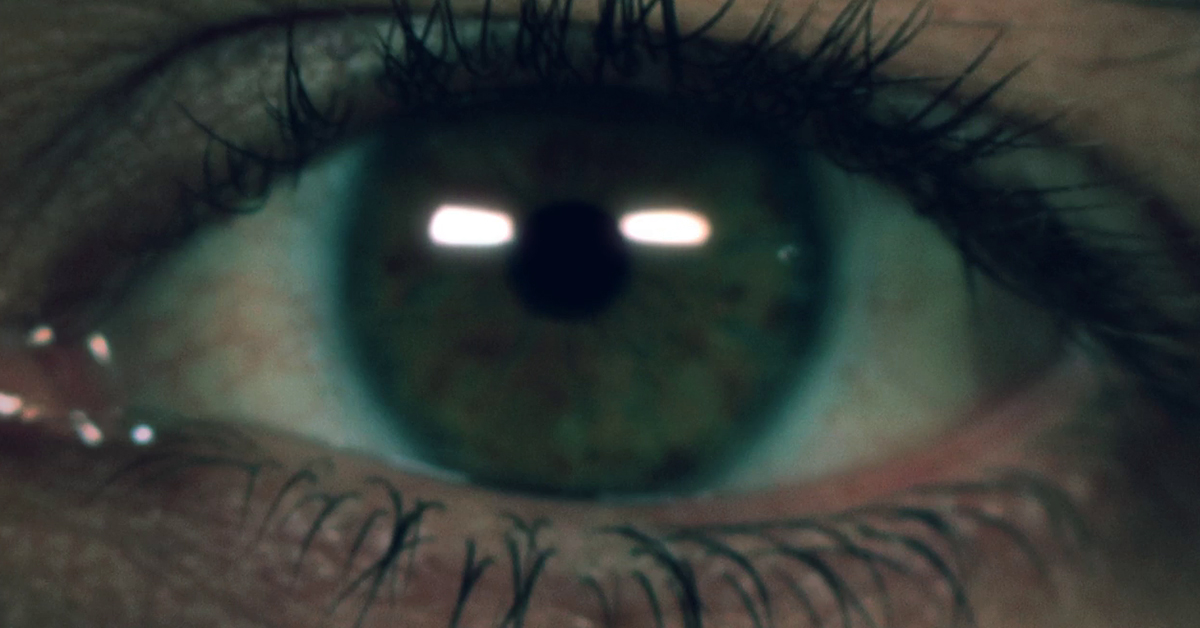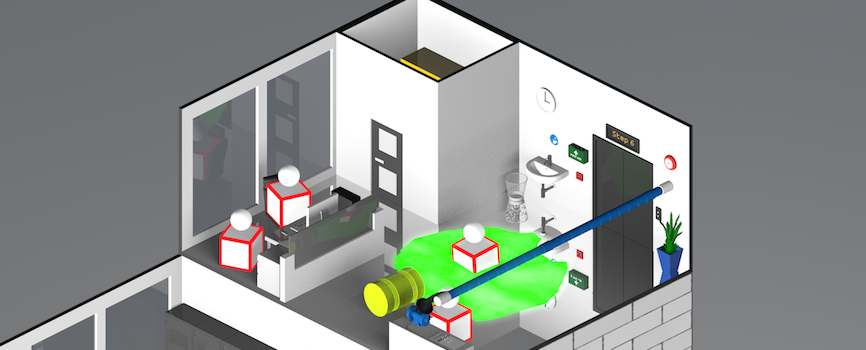What is Diabulimia? – Diabetes & Eating Disorders
Posted 6 years ago

Diabulimia. I stumbled across this term whilst researching eating disorders for our Mental Health Awareness Training, and as a Type 1 diabetic who has had it for many years, I was really shocked at the fact it was news to me! I’m quite determined to raise some awareness. So this post is an overview of my findings for anyone who can relate, or anyone who is worried about a loved one with Type 1.
What is Diabulimia?
Diabulimia is a mental illness that involves people with Type 1 Diabetes deliberately not injecting insulin – or injecting a reduced amount – on a regular and ongoing basis in order to control or lose weight. It’s not yet clinically diagnosable, but it’s very real, surprisingly common, and incredibly dangerous.
The Science behind diabulimia
By restricting the amount of insulin that enters their bloodstream, someone with diabetes can restrict how many carbohydrates they consume. But without insulin, they will develop high blood sugar levels (hyperglycemia) which can develop into Ketoacidosis (DKA) – the former is dodgy enough, but the latter is life-threatening. With DKA, someone’s body is breaking down fat for fuel (as there is no energy to take from safe sources) which leads to weight loss and many frightening complications like organ failure.
Why and Who?
Because diabetics have to pay close attention to their diet in order to manage their condition safely, they are more prone to obsessing over calories, experience dietary restrictions by parents or carers, have difficulty losing weight because of the effects of insulin, or even have a habit of binge eating when their sugar levels drop (hypo).
There are no concrete numbers as of yet, but it’s estimated that around 40% of women aged 15-30 with Type 1 give themselves less insulin in order to lose weight, and women with Type 1 are said to be twice as likely to develop anorexia or bulimia. Not taking insulin to control weight is now seen as a clinical feature of both these eating disorders. It can, however, affect any gender and any age group.
What’s Next?
Diabetes UK says it’s a well-known condition to professionals in the diabetic community and there are a number of sources that can help anyone who is suffering from diabulimia, or dietary, body-image and insulin-restriction problems. You can check out the charity Diabetics with Eating Disorders or Diabetes UK for more information.
Diabetes UK have a helpline with trained counsellors at the end of the phone too: 0345 123 2399.
There’s also an insightful 30 minute documentary by BBC 3 that’s worth a watch if you’re interested… “Diabulimia: The World’s Most Dangerous Eating Disorder.”
Related articles



Opt-in to our newsletter
Receive industry news & offers